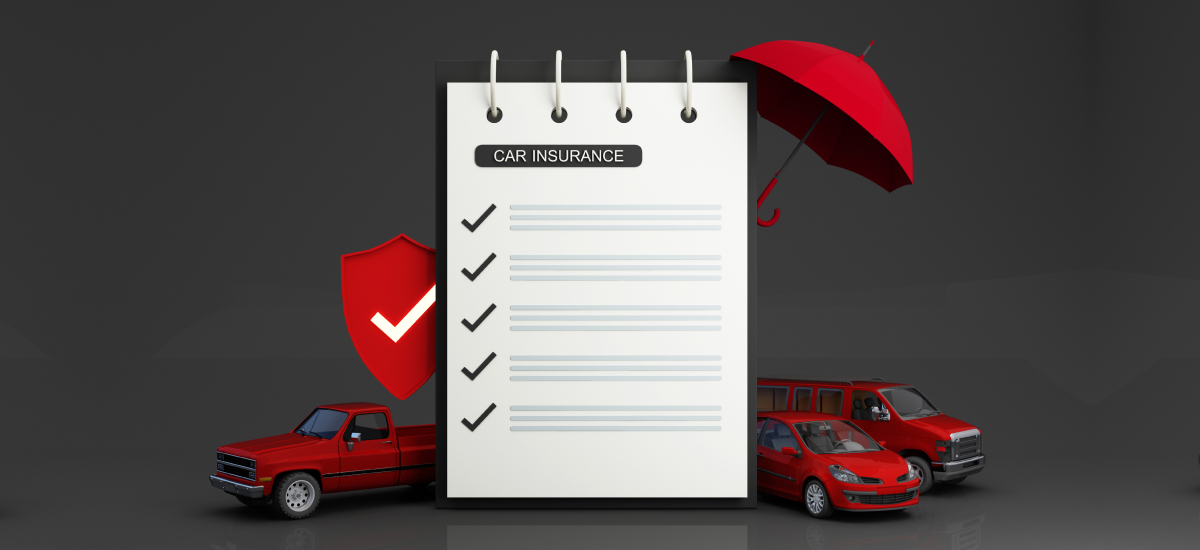Purchasing car insurance today has become simpler, and with a hassle-free online claim settlement process, policyholders can easily get their claims settled. However, here lies the problem: multiple car insurance claims can lead to premium hikes and the loss of several benefits.
Take the example of Akshita Sharma, who filed 3 claims in the first policy year for minor dents and repairs. While her claims were settled seamlessly, Akshita was shocked to see the premium hike when she renewed her policy. This is where multiple car insurance claims come with drawbacks.
This article delves into the drawbacks of filing multiple car insurance claims and how you can smartly use motor insurance to avoid such drawbacks.
Why Multiple Car Insurance Claims are Appealing?
Here’s why raising multiple car insurance claims is appealing for policyholders:
1. Seamless Claim Settlement
Motor insurance companies have made raising a claim a completely seamless process. Online applications, quick approval, and instant claim settlement make it easier for policyholders to repair even minor vehicle damage without any hassle.
2. Low Deductible Amount
In many car insurance policies, the deductible amount is often low or even zero. In such situations, raising multiple claims for every minor issue becomes feasible since out-of-pocket expenses are negligible.
3. Lack of Awareness
Many policyholders tend to believe that purchasing a car insurance policy equates to raising multiple claims. The lack of awareness of the drawbacks is a major reason.
Drawbacks of Filing Multiple Car Insurance Claims
Raising multiple car insurance claims can be appealing, especially with seamless claim settlement processes. However, there are some drawbacks that policyholders must bear in mind:
1. Hike in Car Insurance Premium
One of the biggest drawbacks of raising multiple car insurance claims is the hike in premium for the next policy year. This is simply because insurance companies evaluate the risk profile before deciding on the coverage and premium. A history of multiple claims translates to a high risk profile, therefore, higher premiums.
2. Loss of No Claim Bonus
Insurance companies offer a No Claim Bonus to policyholders for not raising any claims in one policy year. This bonus can take different forms, such as discounts on the premium. Multiple car insurance claims lead to the loss of No Claim Bonus.
3. Chances of Claim Rejection
When policyholders raise a claim for minor dents or repairs, there might be a chance of claim rejection. Getting a verification, although it is a simple process, might become a hassle.
4. Out-of-Pocket Expenses
Even with a low deductible amount, raising multiple car insurance claims can pile up to a big amount in the long run.
5. Effect on Insurability
A history of multiple car insurance claims brings policyholders under a high-risk profile that affects their insurability. Insurance companies have databases that can be shared with other insurance providers when policyholders decide to switch.
6. Negligent Driving Patterns
Knowing that claims can be settled easily with the insurer can have a psychological impact on the driving patterns. Negligent driving, increased dependency on the insurer, and lack of financial discipline can result in long-term drawbacks in driving patterns.
7. Impact on Car Value
Typically, insurance companies apply depreciation rates to certain parts of the vehicle, such as rubber or plastics. Multiple car insurance claims eat into the car’s value. Gradually, the amount recovered under reimbursements can also start diminishing and become less appealing.
Want to calculate your car’s market value? Click here to know more about your car’s Insured Declared Value.
Tips to Use Motor Insurance Smartly
To avoid such drawbacks, here are a few practical tips that can help you use car insurance smartly:
1. Assess the Damage
Before raising a claim, make sure to assess the damage to your vehicle. Sometimes, claims for minor dents and repairs can be costly in the long run.
2. Maintain Your Vehicle
Even though you have car insurance in place for repairs, it is crucial to maintain your car with regular servicing to avoid raising a claim for major damages and repairs.
3. Drive Diligently
Driving diligently should never be compromised, even when you have a comprehensive insurance plan. It protects you from raising a claim for your own damage or third-party damages.
4. Read the Policy Documents Carefully
Make sure to read the policy documents carefully to understand the claim process, deductibles, impact on the policy after claim settlement, etc. This helps you understand whether or not raising a claim is a smart decision.
Summing Up
Car insurance policies provide comprehensive coverage for various needs, ranging from basic coverage for repairs and servicing to add-ons such as zero-depreciation. Despite such wide coverage, raising a claim under car insurance must be done only after a careful evaluation of the damages, repair costs and policy clauses.
Still haven’t purchased a robust car insurance plan? Explore car insurance plans and select a reliable plan that meets the specific needs of your vehicle.























